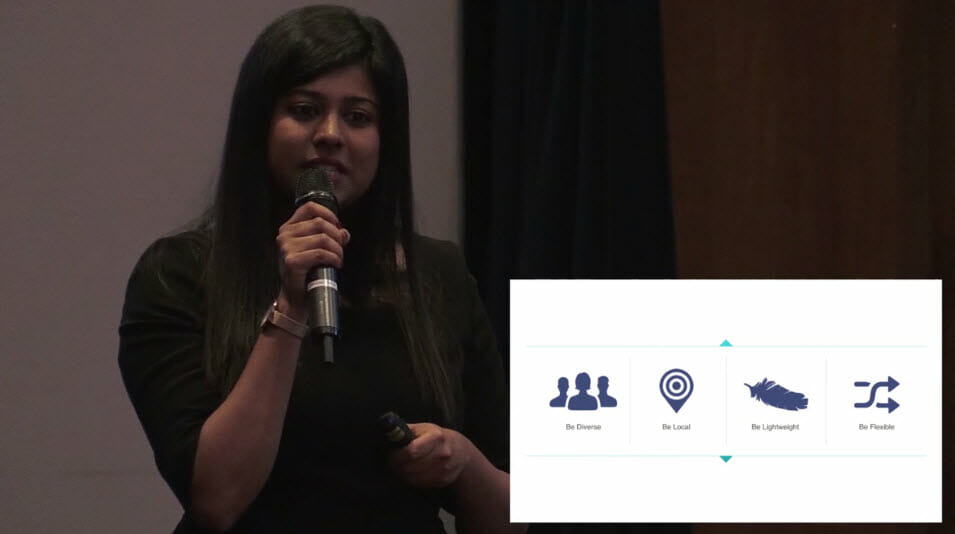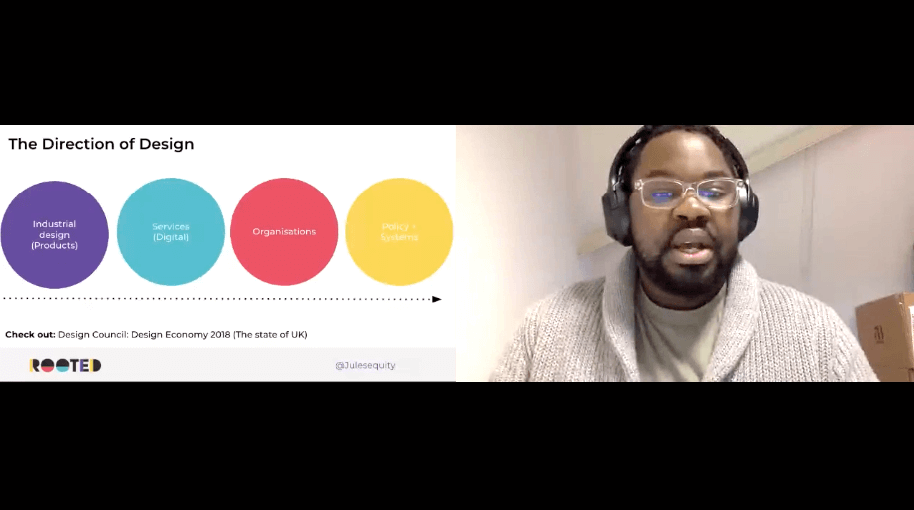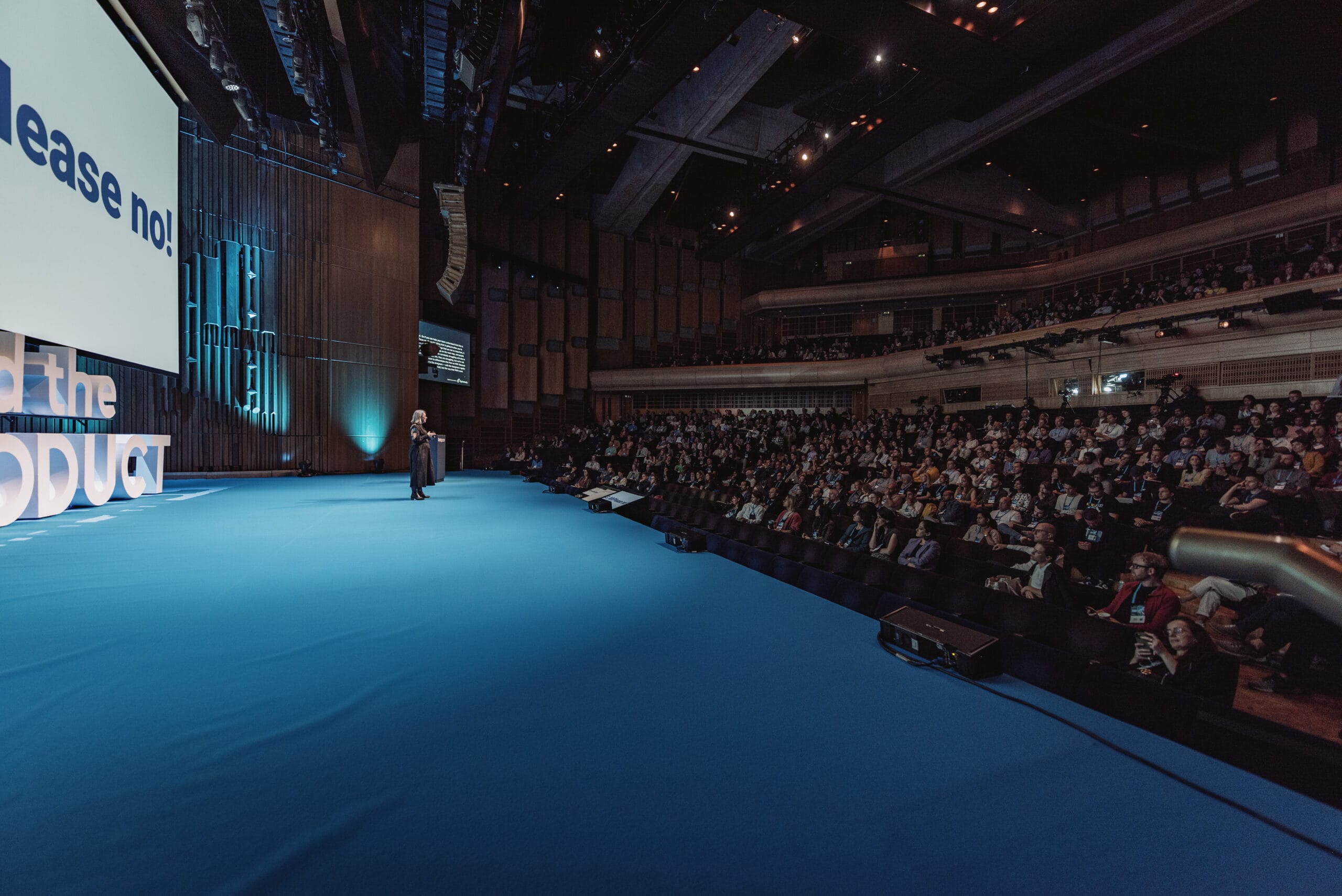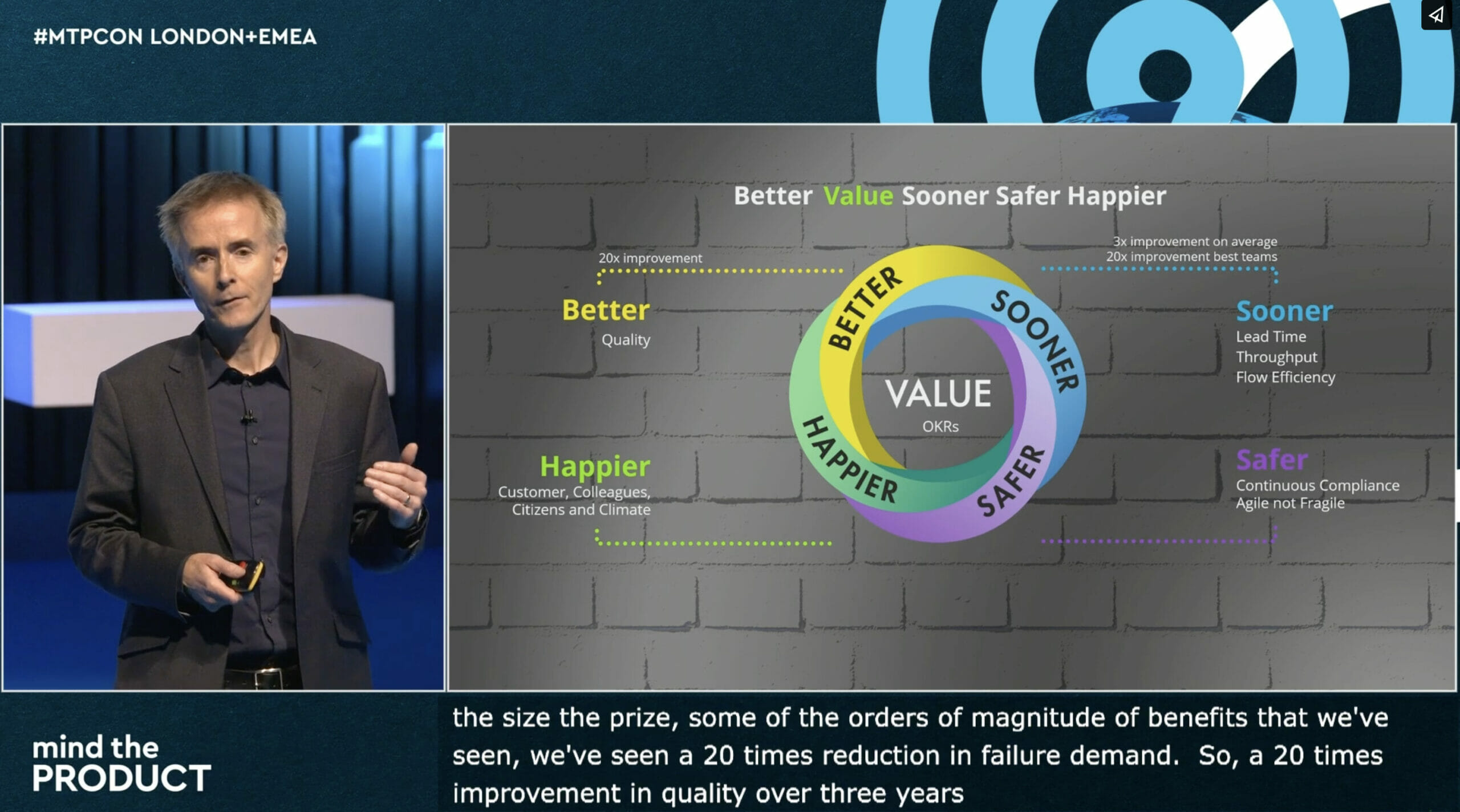Nikila Srinivasan leads the effort for Facebook’s ads products in emerging markets, having built up a cross-discipline product team from scratch at Facebook in London. Nikila talks us through examples of how people in emerging and high-growth markets “hack” mobile, and how smart product teams can tap into this groundswell of innovation. Facebook wants to be global, so has to consider the whole market.
As a starting point, it’s crucial to remember that what the “average” mobile experience in the global market is not a high-end smartphone, but rather devices like feature phones and varied and restricted data plans.
The Signficance of Emerging Markets
Emerging markets make up 85% of the world’s population, with a hugely varied attitude towards mobile phone use and advertising. As an example, Nikila mentions India – the 3rd largest online country, and the source of 1 billion mobile subscriptions. However, those subscriptions are not – as you might expect in the USA or Europe – one per person.
Many people in India have multiple sim cards with different data plans for different situations, such as calling internationally, or using data at night. Moreover, the mobile devices are often shared.
And not only are many emerging markets are mobile first, some are even mobile only. As a result, not only are they culturally and technologically diverse, but they are also approaching connectivity and the internet in ways that we might not expect, and this is unlikely to change.
Building for the Next Billion
The emerging market is already huge, and it’s only going to grow. More importantly, it’s crucial to remember that this is a hugely nuanced market, and they are almost certainly not in your own demographic. Many people are coming online for the first time on a mobile device, and so they have no other frame of reference for the experience. As a result, Facebook uses four core principles to guide their product design:
- Be Diverse – Account for perspectives that are different from our own. Work closely with user researchers, and be aware not only of cultural / social nuances, and but also technological variety.
- Be Local – Understand how to be relevant locally. This doesn’t necessarily mean building a new app for each locality, but perhaps just designing locally relevant experiences. For example, in India it is now pretty common for brands to invite potential customers to leave them missed calls, as it costs the customer nothing, and allows the company to call them back.
- Be Lightweight – Bandwidth in emerging markets tends to be much lower than in the UK or USA, so it’s crucial to build a product experience that takes that into account. To that end, Facebook built an “empathy lab”, allowing product teams to test different types of mobile devices, and different kinds of network conditions, and experience their products in as similar a set of conditions as possible to their users (25% of traffic comes from people on 2G conditions)
- Be Flexible – Sudden changes in local conditions (politics, infrastructure, sports) can impact your ability to deliver your service. More to the point, be ready to have your notions about behaviour in diverse markets proven wrong.
Empathy is Crucial
There are significant technical hurdles to building mobile products for emerging markets, but the bigger challenge is understanding what to build. Be open-minded and adaptable, and make sure you experience your product across different conditions.







Comments 0